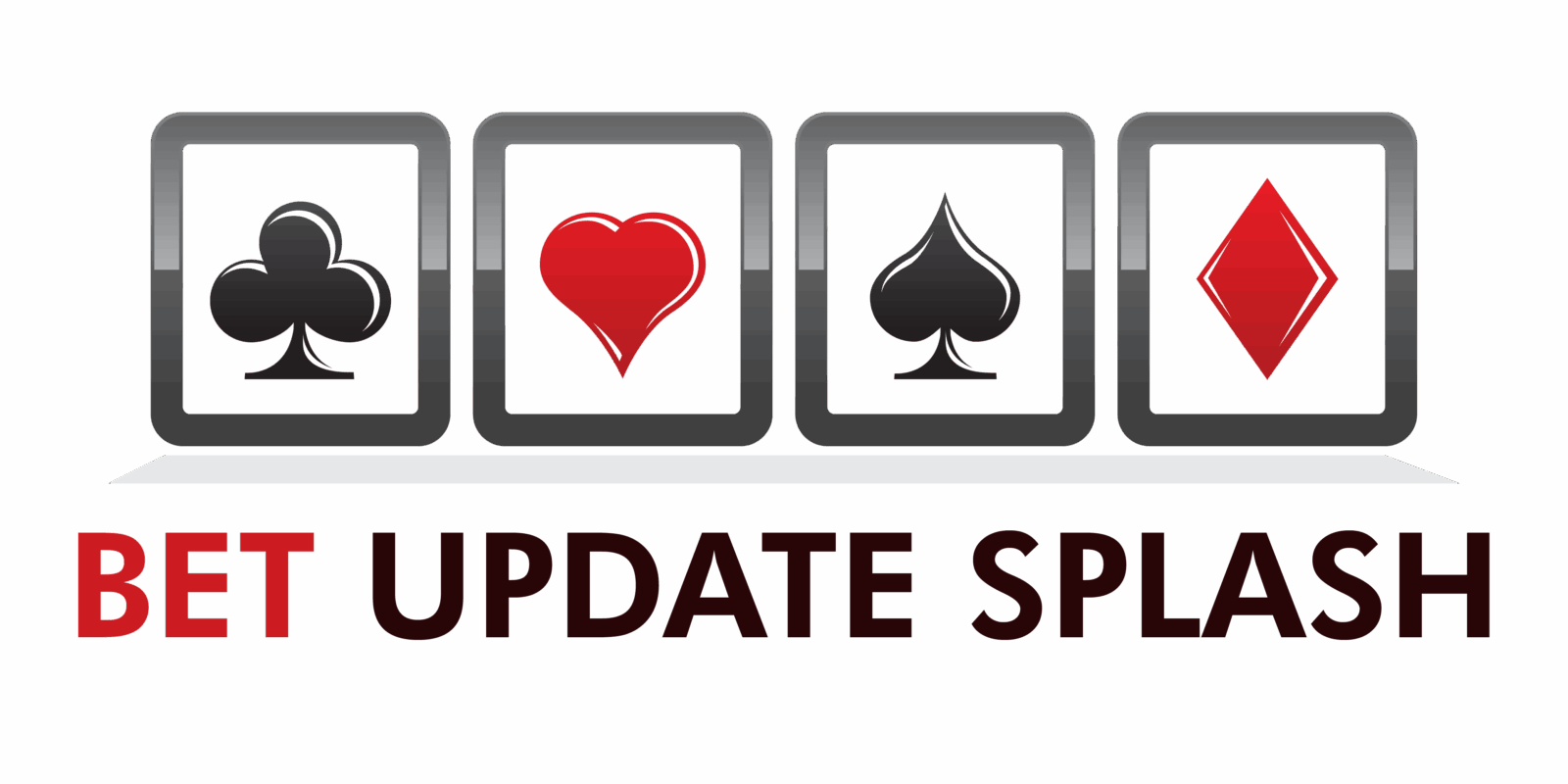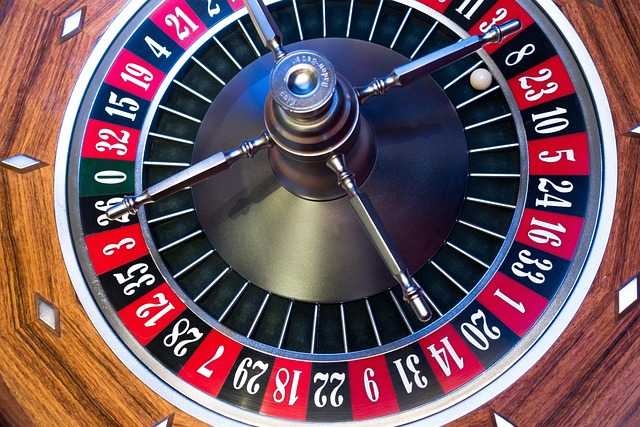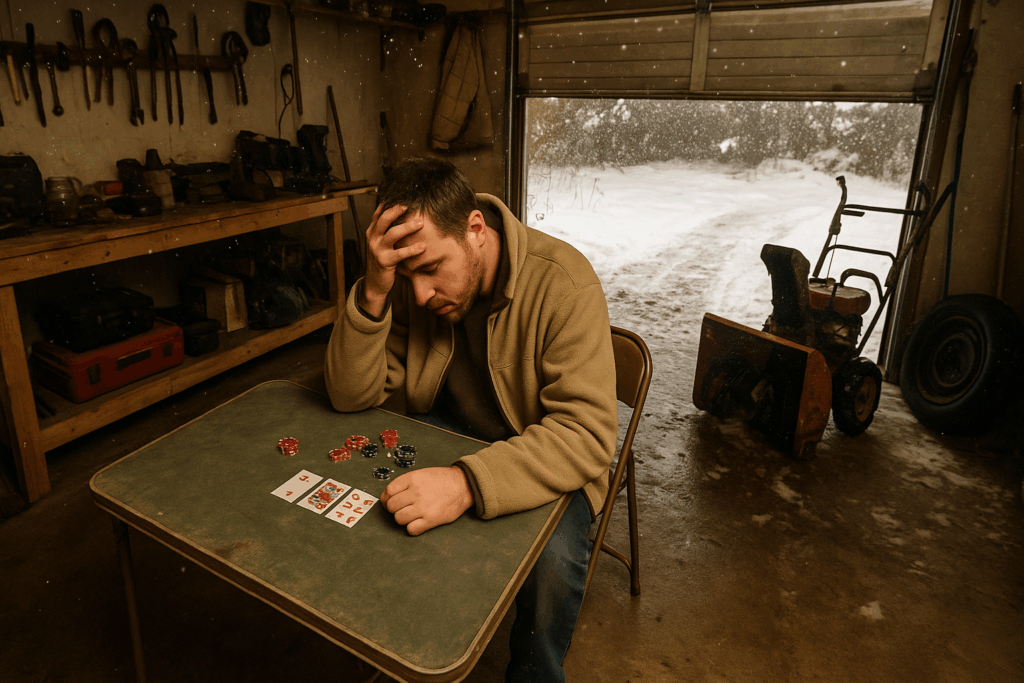Start with Self-Awareness
Before diving into strategies, start by asking yourself a simple question: why do I gamble? For fun? For escape? For that quick hit of excitement? Knowing your motivations helps you stay grounded. It’s a lot easier to set healthy boundaries when you’re honest about why you’re showing up in the first place.
Next, set clear limits—and enforce them. That means knowing how much you’re willing to lose before logging into an app, and how long you’re going to play. It also means checking in with your emotional state. Are you anxious, bored, or stressed right now? If so, gambling probably isn’t the outlet.
Finally, learn to spot when your habits are slipping into dangerous territory. Are you chasing losses? Sneaking in sessions during work or family time? Hiding your spending? These are signals. Treat them seriously. Self-awareness isn’t heavy-handed—it’s just you taking responsibility before things spiral. Stay sharp.
Set Clear Limits Before You Play
Creating structure around your gambling habits gives you the best chance of staying in control. By setting boundaries in advance—before emotions or excitement take over—you’re more likely to make decisions that align with your long-term wellbeing.
Define Time Boundaries First
Choose your session length before you start playing, and commit to it regardless of wins or losses. Gambling for longer than planned can quickly lead to stressful decision-making and increases the risk of overspending.
- Decide in advance how much time you’ll spend gambling
- Use alarms or phone timers to stay on schedule
- Take regular breaks to reassess how you’re feeling
Set a Budget—and Stick to It
Only use money you can comfortably afford to lose. Your gambling budget should come from discretionary income, not rent, bills, or savings.
- Set a maximum spend limit per session/week/month
- Never use credit or borrow money to gamble
- Keep gambling funds separate from other money
Use Platform Tools to Support Your Limits
Most online gambling platforms offer responsible gambling features to help you stay within safe boundaries. Use them proactively.
- Activate daily, weekly, or monthly deposit limits
- Set session reminders or time-outs to prompt regular check-ins
- Explore self-exclusion tools if you ever need a break
When limits are clear and enforced, gambling remains a form of entertainment—not a financial or emotional burden.
Keep Gambling Social and Balanced
When gambling happens in isolation, things can tilt fast. It’s easy to lose track of time, money, or intention when no one’s around to give you a gut check. Gambling with friends can keep you grounded—it adds a layer of accountability and makes the experience more about entertainment than escapism.
But don’t let it become your only way to have fun. If gambling starts replacing your usual social spots—like grabbing dinner with friends, game nights, or weekends outdoors—it’s time to rebalance. A healthy lifestyle needs variety.
Try mixing it up. Rotate your leisure time between different hobbies—sports, art, books, cooking, travel. This not only helps prevent fixation, but also builds a fuller, more resilient routine. The goal isn’t to cut gambling out, but to keep it in its place: one part of a bigger, balanced picture.
Make Use of Digital Tools
Tech can help you stay in control—if you set it up right. Start by tracking your gambling spend with basic budgeting apps. You don’t need anything fancy. Even a simple weekly or monthly log will show you if things are creeping up.
Most gambling platforms now come with responsible gaming features. Use them. Set deposit limits, lock yourself out for cool-off periods, or hit pause entirely with self-exclusion options. These aren’t defeat buttons—they’re just smart boundaries that help keep playtime what it’s supposed to be: play.
Finally, mute notifications from your gambling apps when you’re off the clock. Out of sight really can mean out of mind. If you schedule set times to play, treat them the same way you would any hobby. The rest of the time, let your phone stay quiet.
Avoid Gambling When Emotionally Vulnerable
Emotions play a powerful role in decision-making. When you’re feeling low, stressed, or simply bored, it becomes much easier to gamble recklessly or for the wrong reasons. Recognizing your emotional triggers is key to maintaining a healthy relationship with gambling.
Why Emotional Awareness Matters
- Gambling while sad, anxious, or angry can cloud judgment
- Emotional distress increases the risk of chasing losses or exceeding limits
- Identifying your state of mind before playing is a form of self-care
How to Check In With Yourself
Before you start a session:
- Ask yourself how you’re feeling
- If you’re stressed, tired, or emotionally drained, consider skipping the session
- Keep a quick mood log to notice patterns between your feelings and gambling habits
Healthy Alternatives to Emotional Gambling
If you’re tempted to gamble as a coping mechanism, try these instead:
- Exercise: A walk, a workout, or simply stretching can boost your mood naturally
- Mindfulness Practices: Meditation, breathing exercises, or journaling help release mental tension
- Talking to Someone: Call a friend, join a peer support community, or engage with someone you trust
Knowing when you’re emotionally vulnerable and choosing alternate coping methods makes you a more mindful and resilient gambler.
Reflect Regularly on Gambling Habits
Keep it simple: write things down. After each session, jot a quick note about how it went—wins, losses, your emotional state, any triggers. It doesn’t need to be a full essay. A few bullet points or lines in a notes app will do. The goal is clarity, not perfection.
Over time, those notes become gold. You’ll start to see patterns—like how you chase on bad days or spend more after a win. Use that info. Ask yourself regularly: Is this still fun? Or does it feel like something else now—stress, pressure, habit? Answer honestly.
Then course-correct if needed. Maybe you cut back, shift your budget, or take a break. Maybe you change when or how you play. Reflection isn’t about guilt—it’s about staying in control. This habit won’t just help your gambling stay healthy—it sharpens your self-awareness across the board.
Know When to Walk Away
Knowing when to stop isn’t weakness—it’s discipline. Set limits before you sit down to play: a win cap to walk away on a high, and a loss threshold that protects your wallet and mindset. These aren’t suggestions—they’re your guardrails.
Losing is part of the game. The mistake isn’t losing; it’s feeling the need to win it back right now. That’s how good nights turn into bad weekends. Accepting a loss without chasing it helps you stay in control, both mentally and financially.
Also, never get so caught up in a winning streak that you forget to take a break. Energy dips, focus fades, and the house edge doesn’t take naps. Pause when you’re ahead—it helps you keep your wins and your clarity.
Seek Out Education and Support
Gambling isn’t just about luck—it’s about understanding the numbers behind the flash. Get familiar with how odds actually work. Learn what randomness means and how games are designed to keep you playing. The more you know, the harder it is to fool yourself.
Also, talk. Seriously. Talk about your gambling habits without shame. With friends, with family, with others who understand. When it stays hidden, it grows unchecked. Removing the stigma opens the door for awareness and support.
And if the fun starts to feel like pressure—or control starts slipping—don’t wait. Help exists. No long speeches, no judgment. Just real ways to get real support.
Explore your options here: Support Resources for Individuals Struggling with Gambling
Final Thought: Keep Gambling in Its Place
Gambling can be fun. It can be exciting. It can even be a part of your regular downtime. But it should never be your source of income or a substitute for purpose. Betting as a lifestyle is a fast road to burnout—or worse. If the goal is to win just enough to keep playing, you’ve already lost control of the narrative.
The line between recreation and risk isn’t always obvious. That’s why it’s essential to check in with yourself. Are you still having fun? Are you playing with money you can afford to lose? Are you chasing a quick fix—or simply enjoying the experience? Be honest. With yourself, first and foremost.
Healthy gambling is doable. But it doesn’t happen on autopilot. It takes effort, boundaries, and a clear sense of what your limits actually are. Build in reflection. Mix in other hobbies. Stay humble in wins and measured in losses. That kind of awareness isn’t just wise—it’s what keeps the game a game.


 Jalric Selmorne, co-founder of BetUpdateSplash is known for his innovative approach to sports analytics and web technologies. His contributions focus on building seamless digital experiences and integrating advanced tools that make betting updates smarter and more accessible. Jalric’s forward-thinking mindset helps position the platform as a trusted tech-powered hub for bettors.
Jalric Selmorne, co-founder of BetUpdateSplash is known for his innovative approach to sports analytics and web technologies. His contributions focus on building seamless digital experiences and integrating advanced tools that make betting updates smarter and more accessible. Jalric’s forward-thinking mindset helps position the platform as a trusted tech-powered hub for bettors.

